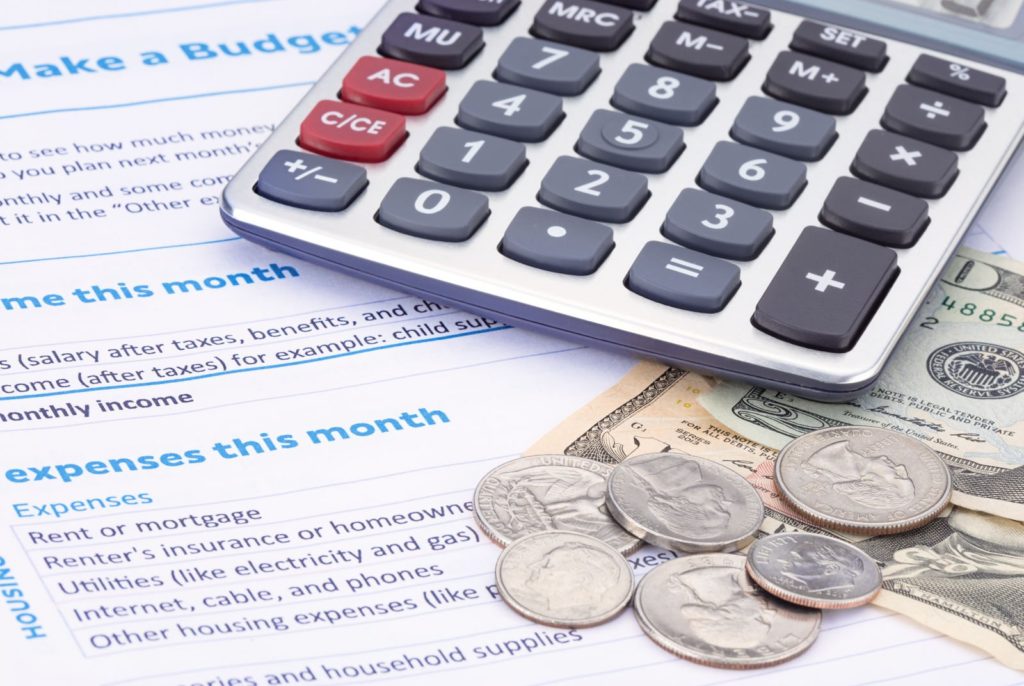In today’s fast-paced world, financial flexibility is highly sought after. When it comes to car insurance, many drivers wonder if they have the option to pay off their policy before the scheduled due date. The good news is that, in most cases, insurers allow policyholders to make early payments, offering a convenient way to manage your finances proactively.
The Advantages of Paying Early
Paying off your car insurance early can provide several benefits, making it an attractive option for many policyholders:
-
Financial Savings: By settling your entire premium in advance, you may be able to save on interest charges or installment fees that would otherwise accrue if you paid monthly. This can result in a lower overall cost for your coverage.
-
Simplifying Finances: Some individuals prefer to make a lump-sum payment to avoid monthly billing and maintain better control over their financial obligations. It can help streamline your budgeting process and eliminate the need to remember recurring due dates.
-
Increased Flexibility: Paying off your policy early can give you more flexibility when it comes to canceling or switching insurance providers. Without the need to wait for the current policy term to end, you can make changes to your coverage more seamlessly.
-
Peace of Mind: By paying your premium in full, you can enjoy the peace of mind that comes with knowing your insurance coverage is fully paid for the entire term, reducing the risk of lapses or cancellations due to missed payments.
The Process of Paying Early
If you’ve decided to take advantage of the early payment option, the process is typically straightforward. Here’s what you can expect:
-
Contact Your Insurer: Reach out to your insurance provider to inquire about their policies and procedures for making early payments. Some insurers may have specific instructions or forms to complete.
-
Determine the Outstanding Amount: Your insurer will provide you with the remaining balance on your policy, taking into account any installments or fees you may have already paid.
-
Make the Payment: Once you have the outstanding amount, you can make the lump-sum payment through your preferred method, such as online payment, over the phone, or by mailing a check.
-
Obtain Confirmation: After making the payment, be sure to request written confirmation from your insurer that your policy has been paid in full for the current term.
It’s important to note that some insurers may have specific deadlines or grace periods for early payments, so be sure to clarify these details to ensure your payment is processed correctly.
Considerations and Precautions
While paying off your car insurance early can be advantageous, there are a few considerations to keep in mind:
-
Refund Policies: Before making an early payment, inquire about your insurer’s refund policies. Some insurers may offer a prorated refund for the unused portion of your premium if you decide to cancel your policy early, while others may not.
-
Coverage Changes: Paying off your policy early does not typically affect your ability to make changes to your coverage or adjust your limits. However, it’s always a good idea to consult with your insurer if you plan to modify your policy.
-
Loan Requirements: If you have a car loan or lease, your lender may require you to maintain continuous insurance coverage. Even after paying off your policy early, ensure that you comply with any insurance requirements set by your lender.
By understanding the benefits, process, and considerations involved in paying off your car insurance early, you can make an informed decision that aligns with your financial goals and preferences. Whether you choose to take advantage of this option or stick with a traditional payment plan, prioritizing your insurance coverage and managing your finances responsibly is key to ensuring a seamless driving experience.

